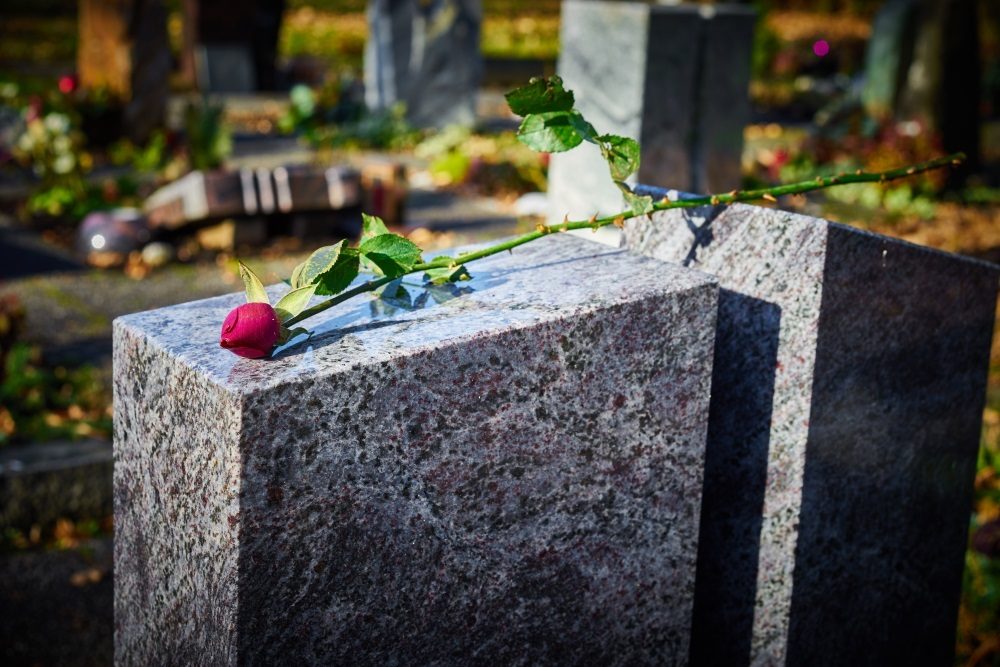
In this video, Dr. Wolfelt examines some of the actions that help make a ceremony more special and meaningful.
Elements of action bring meaning to the people involved in the experience. Through active participation in rituals, we form a strong bond with the people around us. Some examples of action in the funeral service include the following:
Receiving Lines
Receiving friends and family individually provides the family with an opportunity to greet each guest and receive comfort and condolences.
Group Readings
Scriptures or insightful poems shed light on the life of a loved one and help to express emotions about the loss. When read aloud as a group, readings activate our hearts and our minds and unite us in a shared experience.
Lowering the Body
The act of gently putting the body to rest allows us to fully acknowledge the reality of the death and to honor the precious body of our loved one.
The Procession
Accompanying the body to the final resting place gives the broader community an opportunity to share a powerful experience and to honor a loved one.
When these actions are combined with music and symbols, they form the “sweet spot” of a rich and meaningful funeral experience.
![]() Dr. Alan D. Wolfelt is an author, educator, and grief counselor with over 30 years of experience working with bereaved families. He has written many best-selling books on grief and loss, including Healing Your Grieving Heart and The Journey Through Grief. Dr. Wolfelt serves as the Director of the Center for Loss and Life Transition. Visit him online at nowww.centerforloss.com.
Dr. Alan D. Wolfelt is an author, educator, and grief counselor with over 30 years of experience working with bereaved families. He has written many best-selling books on grief and loss, including Healing Your Grieving Heart and The Journey Through Grief. Dr. Wolfelt serves as the Director of the Center for Loss and Life Transition. Visit him online at nowww.centerforloss.com.









